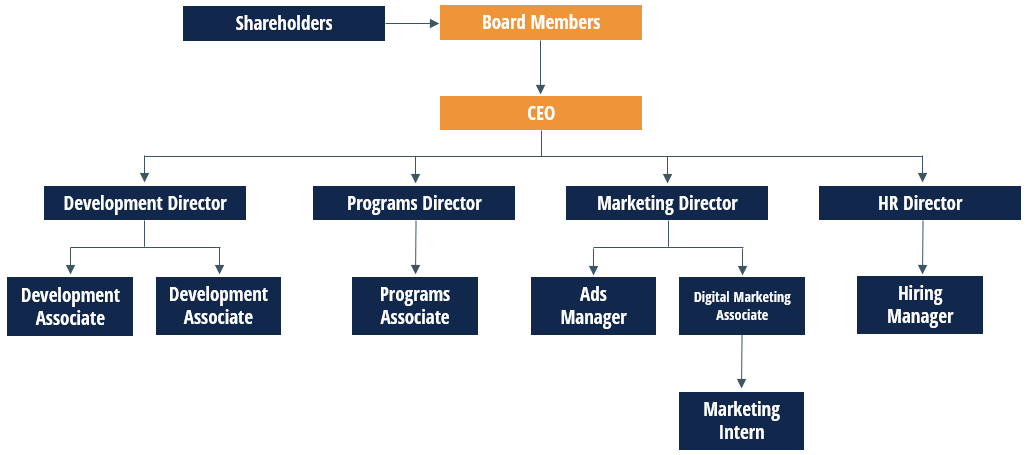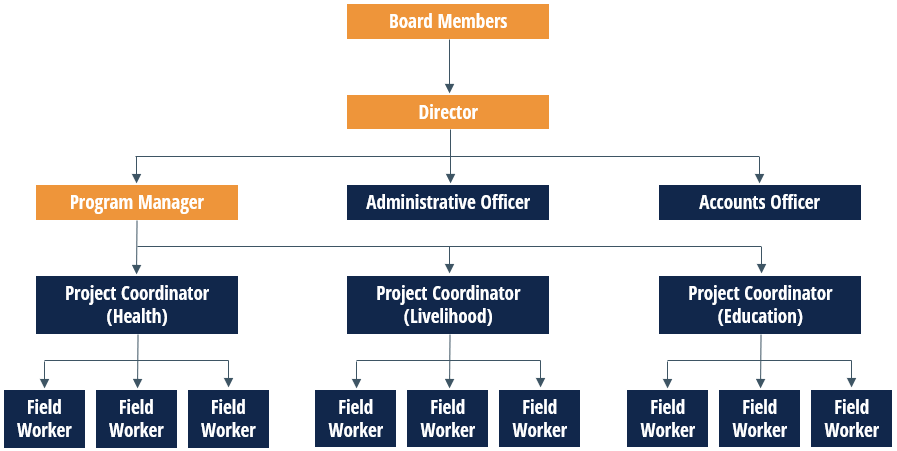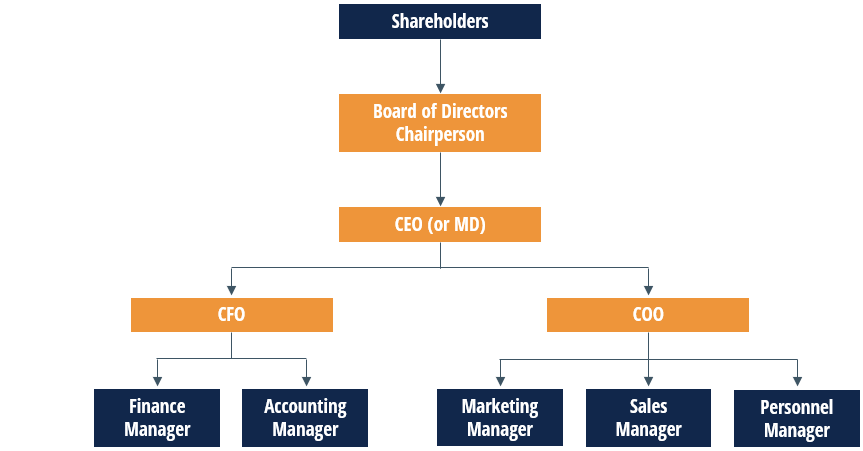One of the most significant changes in WA’s soon-to-be-introduced workplace safety laws will be the introduction of special duties, and liabilities, for people with significant control over the business’s operations.
These so-called ‘officers’ have a duty under Work Health and Safety (WHS) laws to demonstrate a proactive approach to WHS.
If they don’t, they risk being held personally liable for WHS failures—and the new laws also ban taking out insurance against this risk.
So, who should be considered an officer?
Officers do not always need to be directly involved in implementing WHS measures. Rather, they are involved in important decisions on money, equipment and resources that determine your WHS measures' success or failure. Therefore, an officer must be someone who makes or influences the business's significant financial or operational decisions. In small businesses, they may be owners or operators. In larger businesses, they can be senior executives and board members. You can not transfer your officer role to another party, and the officer does not need to be an employee.
Each business is unique and must be reviewed on a case-by-case basis. We recommend you seek legal advice. However, looking at some general business structures may help demonstrate the sort of considerations that go into determining who is, and isn’t, an officer under WHS law.
Hover your mouse over the flow chart to reveal who may be considered an 'officer'.
Case study 1
In case study 1, both the board members and director can be assumed to have significant control over the functioning of the organisation, making them responsible as WHS officers.
While the Program Manager, Administrative Officer and Accounts officer all sit under the director, the Program Manager seems to be responsible the functioning off a substantial part of the workforce, which suggests they may be also be an officer.
Case study 2

People below the CEO are unlikely to be officers because their decision making doesn't seem to affect a whole, or a substantial part, of the organisation.
Case study 3
In case study 3, it is likey that both the Board of Directors and CEO will be officers. It's also likely that the CFO and COO will be officers since their decisions are likely to significantly impact the organisation's finances and operations.
Members can contact our Employment Relations Advice Centre on (08) 9365 7660 or [email protected]. Each business is unique and must be reviewed on a case-by-case basis. We recommend you seek legal advice.











